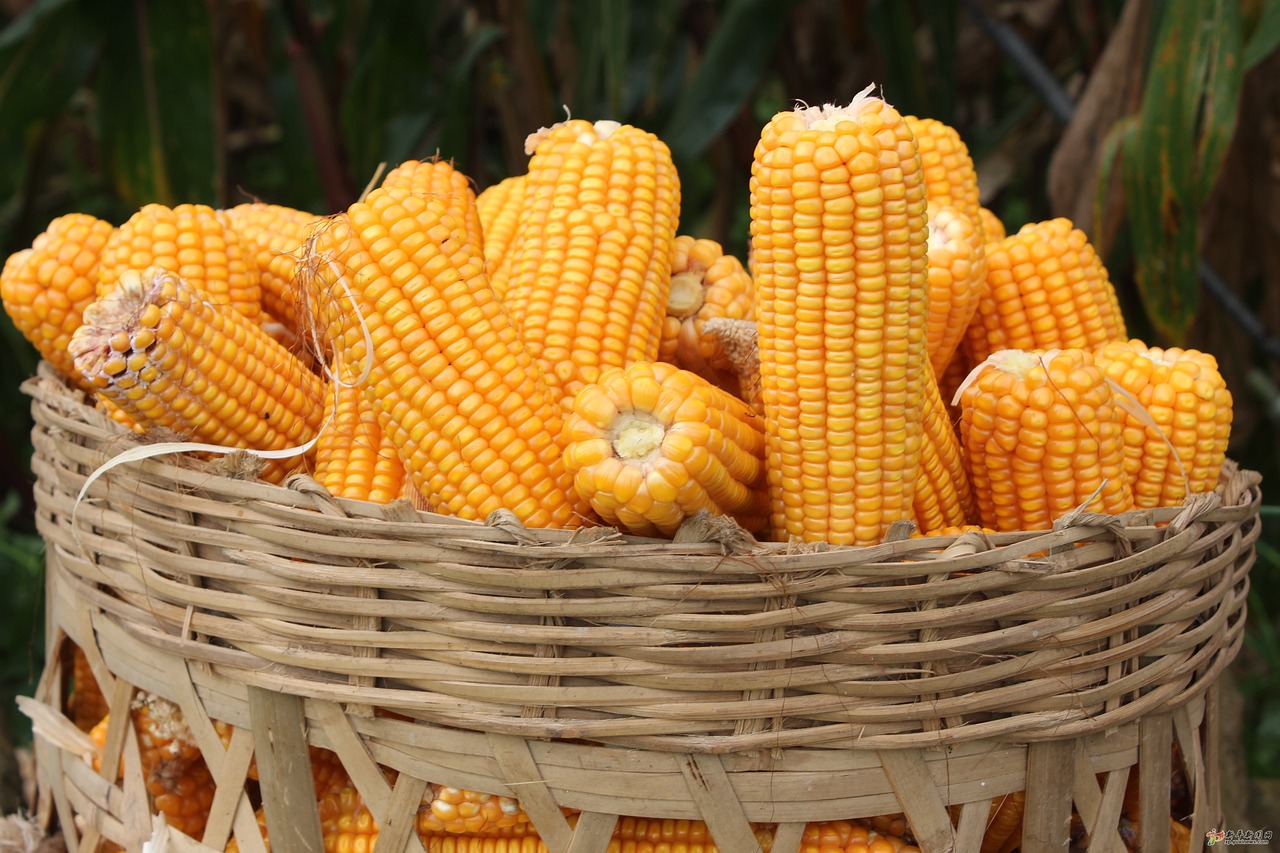More than 1 million Australian teenagers will receive a free meningococcal vaccine over the next 4 years, once it’s been added to the National Immunisation Program (NIP) in April 2019.
Meningococcal disease is a rare but life-threatening infection that, if it enters the bloodstream, can cause meningitis and sepsis (septicaemia). Meningococcal infections can start suddenly and become serious very quickly, potentially causing life-long disabilities or death in about 1 in 10 cases.
There are 13 known types (strains) of meningococcal, and vaccines are available for 5 of them: A, C, W, Y and B.
Teens to receive the ACWY vaccine
Adolescents aged 14 to 16 years in every state and territory will receive one jab at school that will help protect them against meningococcal types A, C, W and Y.
Young people aged 15 to 19 who have not already received the vaccine in school will also be eligible for the free vaccine through their GP (sometimes called a ‘catch-up program’).
What about meningococcal B?
There is also vaccine for the ‘B’ strain of meningococcal, but unless you live in South Australia, you will need to pay for it since it has not been added to the NIP.
South Australia became the first state to provide free meningococcal B vaccines to babies and young children, and the SA Government expanded its free immunisation program for meningococcal B to adolescents aged 15 to 21 from 1 February 2019. The program is set to end on 29 February 2020.
Babies between 6 weeks and 12 months and Year 10 students in South Australia will remain eligible for the meningococcal B vaccine under the Childhood and School programs.
The signs and symptoms of meningococcal disease
Knowing the signs and symptoms of meningococcal is important. Last year, there were 382 cases of the disease reported in Australia and 28 deaths caused by meningococcal disease.
In babies and young children, common symptoms of meningococcal disease include (but are not limited to):
- fever
- refusing food
- being irritable or unsettled
- drowsiness
- a high, moaning cry
- sensitivity to light
- pale or blotchy skin
- a purple-red rash or bruising that does not turn skin-coloured when you press on it with a finger or the side of a clear drinking glass
In older children and adults, common symptoms of meningococcal disease include (but are not limited to):
- headache
- fever
- vomiting
- neck stiffness
- joint pain
- drowsiness and confusion
- sensitivity to light
- a purple-red rash or bruising that does not turn skin-coloured when you press on it with a finger or the side of a clear drinking glass




